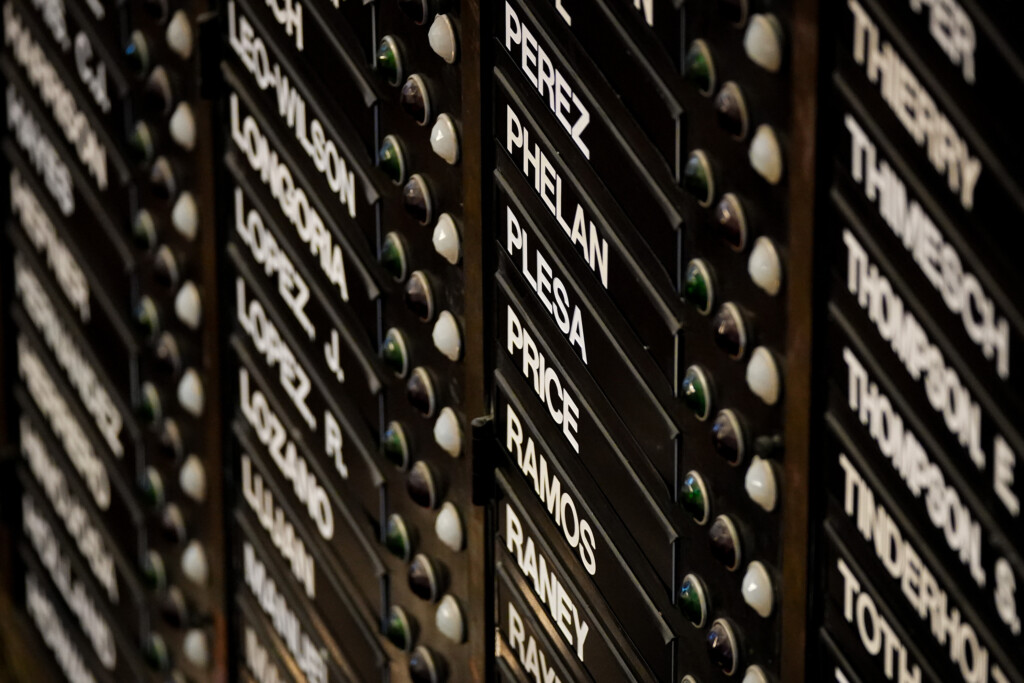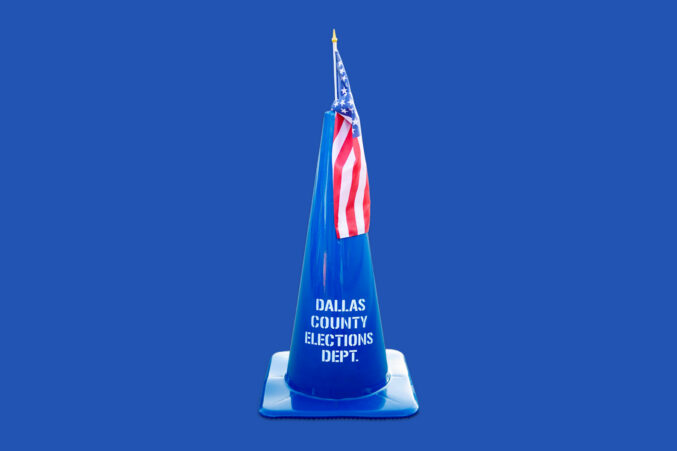It was the shortest sine die in recent history: the Texas Legislature gaveled out Monday afternoon, only to be called back for the start of what Gov. Greg Abbott indicated would be several special sessions through the summer. When the legislature adjourned, after all, it had only passed three of Abbott’s listed priorities: a bill increasing penalties for those found guilty of fentanyl poisoning, a school safety bill, and a bill outlawing COVID mandates.
The first special session started at 9 p.m. Monday night—about three hours after the close of the regular session. But before we delve into what lawmakers are digging into with the first special session, let’s rewind to a very dramatic Sunday, when one of Abbott’s priority bills—legislation that would use part of the state’s budget surplus to reduce property taxes—failed to pass.
Or, more accurately, while both chambers passed Senate Bill 3, there were differences in the House and Senate versions. No compromise could be reached. House Speaker Dade Phelan, Lt. Gov. Dan Patrick, and Abbott couldn’t all agree on those differences—and their varied opinions played out on Twitter.
Abbott seemed to indicate he would prefer compressing the tax rate by sending $12.3 billion to school districts to lower their tax rates, which would give every property owner a lower rate. According to Patrick, the House version offered that mechanism, as well as an 8 percent cap on commercial properties. Patrick said the cap “would cost taxpayers billions upon billions of dollars in just a few years.” Patrick also said that the Senate desired the compression option, plus a homestead exemption increase from $40,000 to $70,000, with another $20,000 for senior citizens.
Around 10:30 p.m. Sunday, the three met, only for Phelan to reportedly leave in a hurry. He then adjourned the House until 11 the next day, effectively cutting off all but the slimmest of hopes of getting the bill passed in regular session.
Monday, which usually marks the day when accolades and other ceremonial events take place before the close of the session, saw lawmakers waiting around to see if they would be asked to waive the rules and vote on a final version of the bill. Despite at least one discussion, a compromise was not reached.
This brings us to today, when the House and Senate will convene in what Abbott says will be the first in an undetermined number of special sessions. It’s expected that Abbott will have at least one more to tackle (again) school vouchers and public school funding and raises since HB 100 also failed to advance, but the first session will address property taxes and border security. (HB 7, which addressed the latter, failed to make it to Abbott’s desk.)
In Abbott’s announcement, he seems to throw down the gauntlet when it comes to Patrick’s insistence on a homestead exemption increase. The announcement says that the session will focus on “legislation to cut property tax rates solely by reducing the school district maximum compressed rate in order to provide lasting property tax relief for Texas taxpayers.”
Patrick sent a letter to Abbott earlier Monday outlining the things he felt required special sessions. Among the priorities were teacher pay raises, vouchers, a 10-year mandatory prison sentence for gun crimes, prayer in schools, the display of the Ten Commandments in schools, ending countywide polling places, election security, and banning critical race theory in higher education.
Bills that did pass over the weekend include at least two from North Texans. Dallas Democrat Toni Rose’s HB 12, which increased Medicaid coverage for mothers to 12 months postpartum and Rowlett Democrat Rhetta Bowers’s HB 567, which prohibits racial discrimination based on hairstyles in Texas workplaces, schools, and in housing policies.
Also passed this weekend: SB 2627, which attempts to address some of the electrical grid production shortcomings by offering loans at low or no interest to companies that agree to build or upgrade their power plants, plus a bonus for getting those new plants connected to the grid by a deadline. HB 5 also passed, which is meant to provide economic incentives to attract new businesses to relocate to Texas.
The legislature gave final approval Sunday to SB 12, which began as a ban on drag performances in front of children but was later changed to address sexually-oriented performances in front of children in general. It places a $10,000 fine on businesses that host sexually explicit performances where someone is nude or “appeals to the prurient interest in sex” when a minor is present.
When the Senate and House conference committees met to reconcile the two versions, they expanded the state’s penal code definition of sexual conduct to include the use of “accessories or prosthetics that exaggerate male or female characteristics.”
Performers determined to have violated the law could face a Class A misdemeanor charge, one year in jail, and a $4,000 fine. The bill has been criticized as being overly broad, and a judge pressed pause on a similar bill in Florida out of concerns over its constitutionality.
Also headed to Abbott’s desk is HB 17, which would allow courts to remove district attorneys who choose not to prosecute certain types of crimes. While there has always been a mechanism for the courts to remove district attorneys found guilty of “official misconduct,” this bill adds refusal to prosecute to the list of items that can be considered misconduct.
This puts a target on the backs of district attorneys in the state’s largest counties, including Dallas County DA John Cruezot, who has gone on record about his refusal to prosecute abortion-related offenses, for instance, and some low-level marijuana offenses.
If signed into law, the bill would also change the way removal trials for district attorneys are held. Currently, those proceedings are handled by lawyers and judges within the same county as the district attorney. The new law would see a regional administrative judge appointing a state district judge from outside the county to oversee the trial, and a special prosecutor would be chosen from outside the county. If the district attorney is removed, the governor would appoint a replacement.
It was fairly clear by Saturday that Abbott would likely call at least two special sessions—we knew that at least one would happen if the legislature could not pass HB 100. With Attorney General Ken Paxton’s impeachment trial coming in August, it is likely that any discussion of school vouchers won’t happen until September at the earliest, making it unlikely that lawmakers will get much of a break at all this summer.
Special sessions are capped at a maximum of 30 days, but there is no minimum amount of time one can last.
Get the D Brief Newsletter
Author




